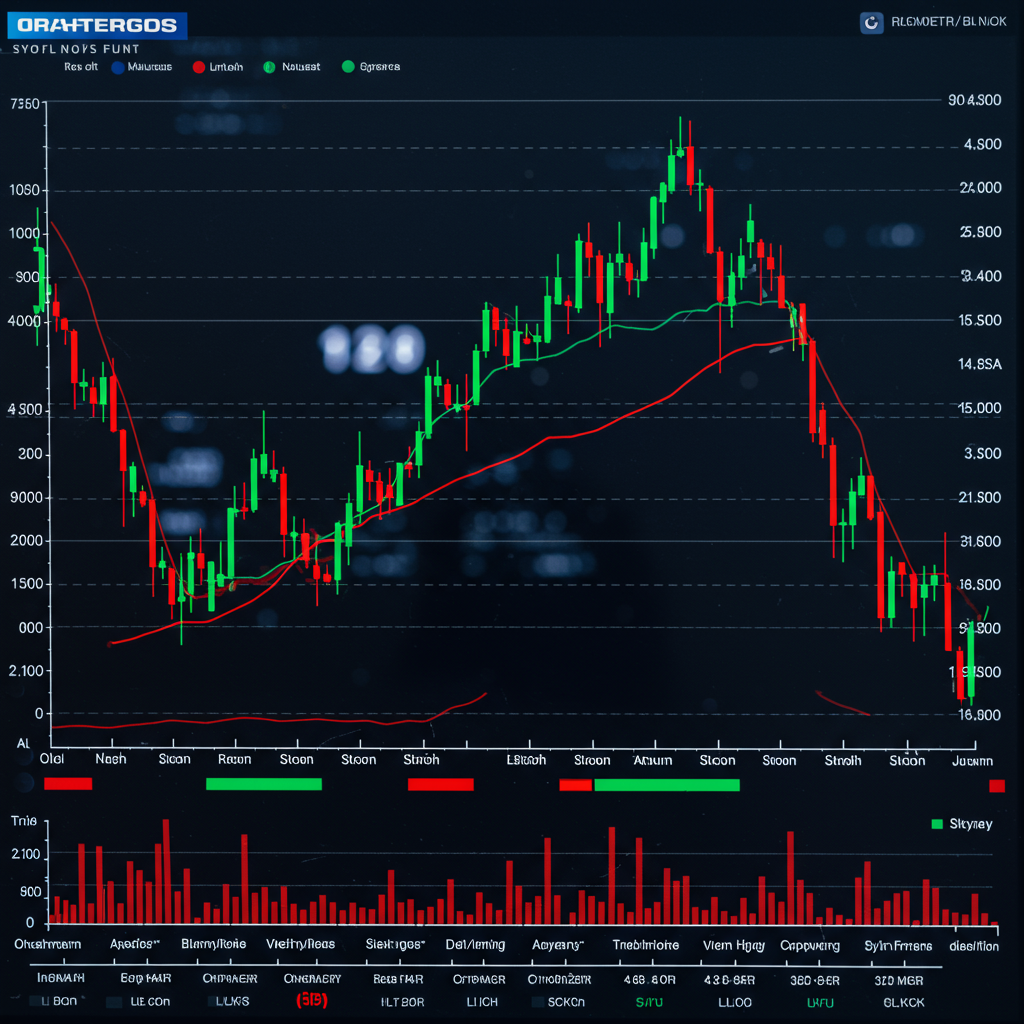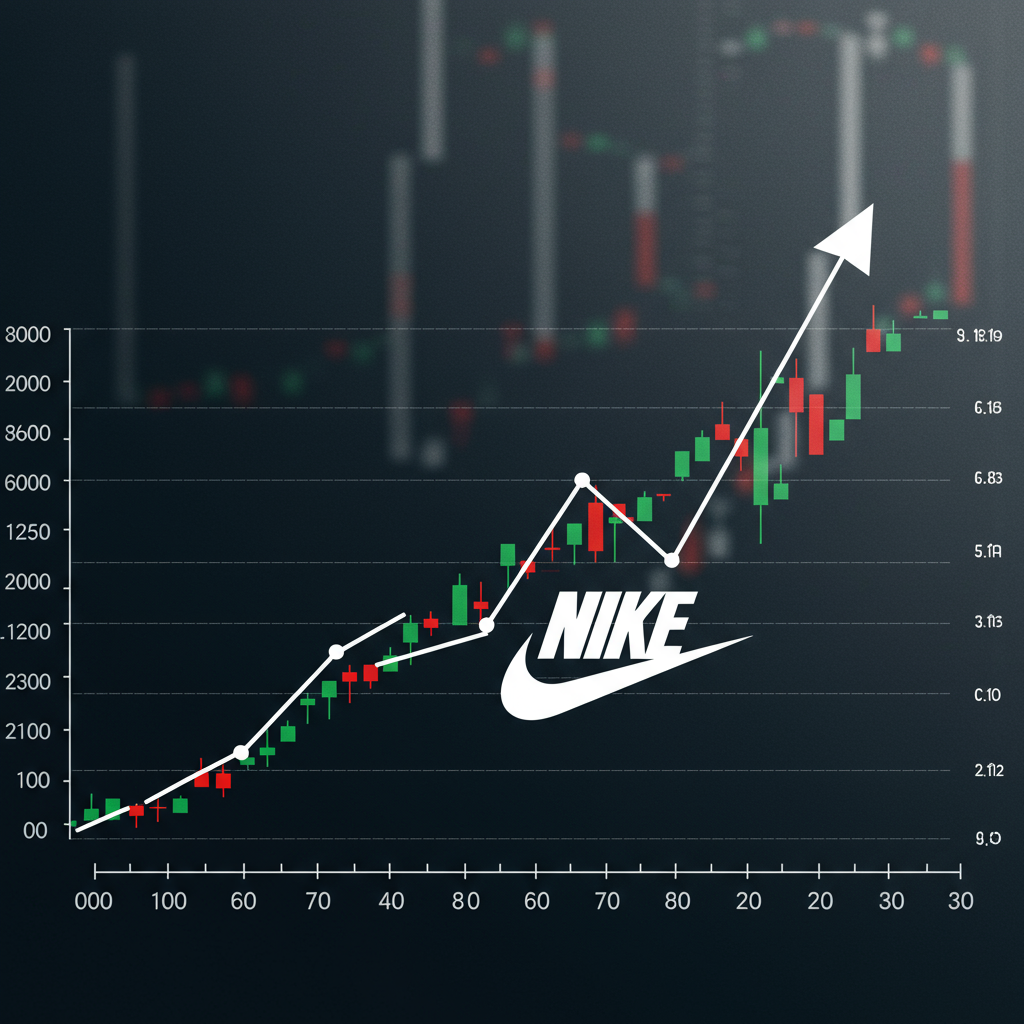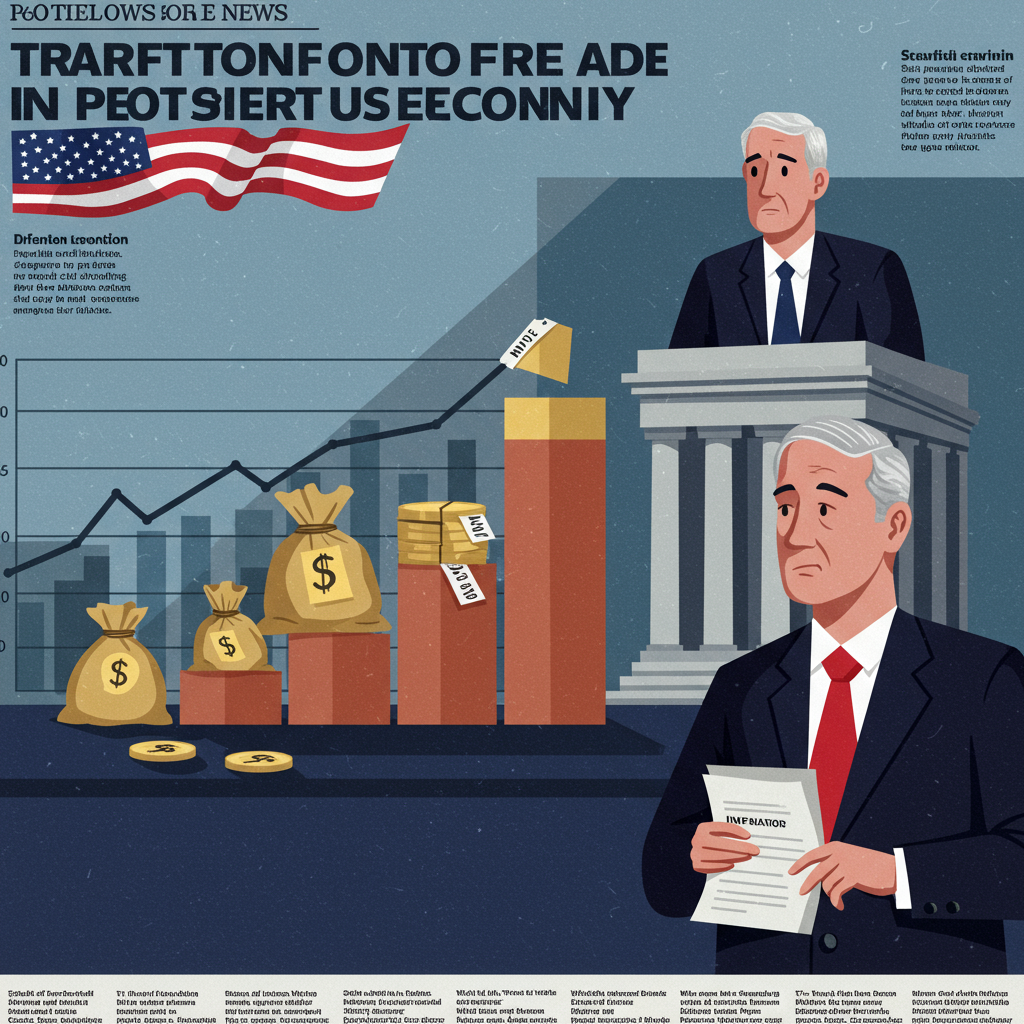Global financial markets experienced significant volatility Friday following escalating military actions between Israel and Iran. Oil prices surged dramatically, while stock markets across the U.S., Europe, and Asia tumbled as investors reacted to heightened geopolitical tensions and fears of disruption to global energy supplies.
Market Mayhem: Oil Soars, Stocks Plunge
The immediate catalyst for the market turmoil was a series of Israeli strikes targeting Iranian military and nuclear sites, followed swiftly by Iranian retaliation with air strikes against Israel. This rapid escalation of long-standing animosity between the two nations sent ripples through trading floors worldwide.
Major U.S. stock indexes saw sharp declines. The S&P 500 fell more than 1%, the Nasdaq Composite dropped over 1%, and the Dow Jones Industrial Average shed nearly 800 points, marking the worst percentage decline for the indexes since late May according to some reports. Losses accelerated during the afternoon trading session after news of Iran’s retaliatory actions broke. European markets also closed lower, with indices in Germany, France, Italy, and Spain all declining by at least 1%. Asian markets saw losses as well, with Japan’s Nikkei, South Korea’s KOSPI, and Hong Kong’s Hang Seng all down.
Conversely, oil prices surged. U.S. benchmark crude prices climbed by roughly 7%, reaching around $73 a barrel – their highest level since early April. Global benchmark Brent crude also surged significantly, briefly exceeding $75 a barrel, driven by fears of potential supply disruptions in the Middle East, a critical region for global oil production.
Why Markets Reacted: Geopolitical Fears and Supply Risks
The primary driver behind the market reaction is the fear of a wider, full-scale conflict in the Middle East. Investors are seriously concerned that increased instability could impact energy supply and disrupt crucial global trade routes.
A major concern highlighted by analysts is the potential risk to the Strait of Hormuz. Located off Iran’s coast, this narrow waterway is a vital choke point through which approximately 20% of the world’s total petroleum liquids and a higher proportion of LNG haulage passes daily. Any significant disruption or perceived threat to shipping in the Strait could drastically impact global energy flows and prices. Maritime supply chains are already grappling with rerouting challenges due to ongoing issues in the Red Sea and Gulf of Aden, adding to fears of further congestion and spiking freight rates.
While some analysts suggested the initial market reaction was more a “shock to sentiment than to the fundamentals,” others viewed an Israeli attack on Iran as a “top ten global risk,” underscoring the perceived severity of the escalation.
Safe Havens Sought, Sectors Shift
Amid the uncertainty, investors flocked to traditional safe-haven assets. Gold prices climbed, nearing all-time highs and trading around $3,426 to $3,449 an ounce. The U.S. dollar also strengthened against other currencies like the euro, pound, and yen.
Reactions were varied across different stock market sectors:
Energy & Defense: Shares in oil companies like Chevron, Exxon Mobil, ConocoPhillips, BP, and Shell saw gains, benefiting from the surge in crude prices. Defense contractors and military suppliers such as Lockheed Martin, Palantir, Northrop Grumman, and RTX also rallied on expectations of increased demand due to the potential for prolonged conflict.
Technology & Travel: Tech stocks like Nvidia and Tesla moved lower. Companies heavily reliant on fuel costs and consumer travel confidence, such as airlines (United, Delta, American, IAG, easyJet) and cruise operators (Carnival, Norwegian Cruise Line Holdings), experienced sharp losses.
Ripple Effects: Gas Prices and Inflation
The surge in oil prices is expected to translate into higher gasoline prices for consumers in the coming days and weeks. However, experts like Patrick De Haan of GasBuddy cautioned against panic, stating, “Higher gas prices are coming. But it will not be insane, and ultimately gas prices remain affordable vs income.”
Higher energy costs also carry the potential to fuel inflation. This adds another layer of complexity for central banks like the Federal Reserve, which is navigating a delicate balance between assessing a potentially weakening job market and considering the inflationary impact of factors like geopolitical shocks and ongoing trade tariff concerns.
Context: An Already Turbulent Year
The latest geopolitical shock adds another chapter to what has already been a volatile year for markets. Earlier optimism following President Trump’s inauguration and hints of potential rapprochement with China on trade – including discussions around stabilizing import duties – had briefly lifted sentiment. However, uncertainty sparked by evolving tariff policies and now the escalating conflict between Israel and Iran continue to buffet both stock and bond markets, keeping measures of daily market volatility elevated.
Israeli officials have warned of a “lengthy operation,” while President Trump commented there was “much more to come” from Israel, urging Iran to “make a deal.” Iran, in turn, has threatened U.S. assets in the region. U.S. forces assisted Israel in intercepting some of the incoming Iranian drones, though U.S. Secretary of State Marco Rubio denied direct U.S. involvement in the initial Israeli strikes. The situation remains fluid, leaving investors highly cautious about the potential for continued market instability.




